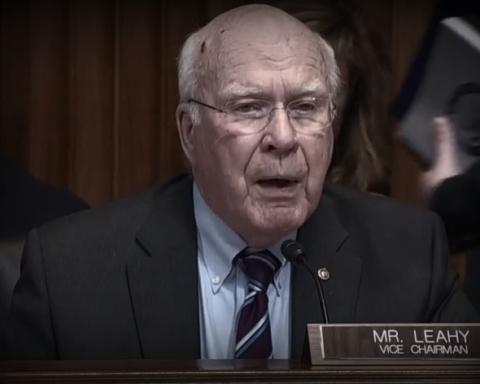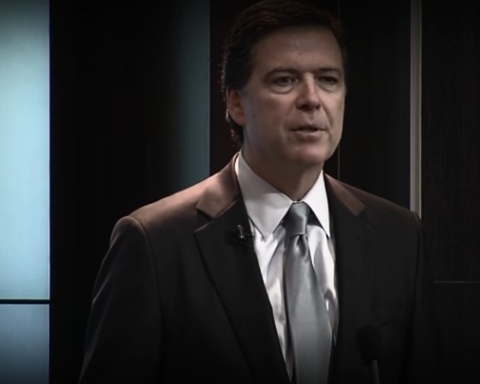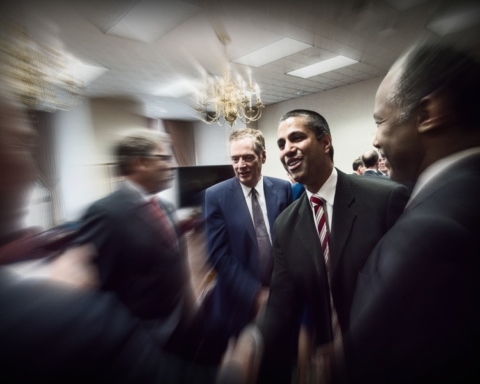Long-awaited reforms requiring law enforcement agencies to obtain a warrant before accessing emails and information stored on the cloud was affirmed by a key House panel on Wednesday.
The Email Privacy Act passed the Judiciary Committee in a unanimous vote, in an ongoing initiative to update laws on computer surveillance passed during the Reagan administration. The 1986 Electronic Communications Privacy Act (ECPA) currently allows the government to read stored digital communications older than 180 days with only a court order—not a probable cause warrant.
“To the investigators and government agents who seek access to our email, our advice is accordingly simple: Get a warrant,” Rep. John Conyers (D-Mich.), the committee’s ranking member, said ahead of consideration of the bill. He added that the legislation “recognizes that the content of our communications, although often stored in digital form these days, is still worthy of Fourth Amendment protections.”
Prior to passage, the measure was amended by the committee’s chairman, Rep. Bob Goodlatte (R-Va.), to reverse course on requiring law enforcement to notify individuals within ten days if their communications were targeted with a warrant.
“This proposal raised profound public safety and operations concerns,” Goodlatte claimed. He said the tweaked language now allows providers to notify customers if any warrants were served on their communications, unless a court gags them.
“I would have preferred to keep the notice provisions of the original bill,” Rep. Conyers commented during the markup. “The government should have an obligation to provide us with some form of notice when intruding on a record of our most private conversations.” He added, however, that he was “willing to compromise, for now, in order to advance the important reforms that we will adopt today.”
A 2010 Supreme Court ruling has forced Congress to act on the issue. In United States v. Warshak, the Supreme Court bestowed Fourth Amendment protections to emails stored on a third-party server, effectively closing the ECPA loophole.
“I think that codifying the Warshak warrant requirement for email and clarifying that congress believes, just like the rest of the public, that there is an expectation of privacy for things stored in the cloud, is an important change and I’m glad the committee is moving on this bill,” Rep. Zoe Lofgren (D-Calif.) said during the proceedings.
With 314 cosponsors, it’s all but assured that the Email Privacy Act will pass the House, if it’s ever scheduled for consideration—something that hasn’t happened in the three years since the bill was first introduced. A crammed business calendar and election year don’t exactly bolster hopes that leadership will consider it this time around either.
Nevertheless, optimism is abound on Capitol Hill. After the House Judiciary Committee passed the measure, members of its Senate counterpart urged further swift action.
“Congress has waited far too long to enact these reforms, but we are one step closer today,” Sens. Pat Leahy (D-Vt.) and Mike Lee (R-Utah) said in a joint statement. The two have introduced partner legislation in the upper chamber.
“We urge the full House to pass this bill soon so the Senate can do the same,” they added. “The American people deserve a law that matches today’s digital age.”








